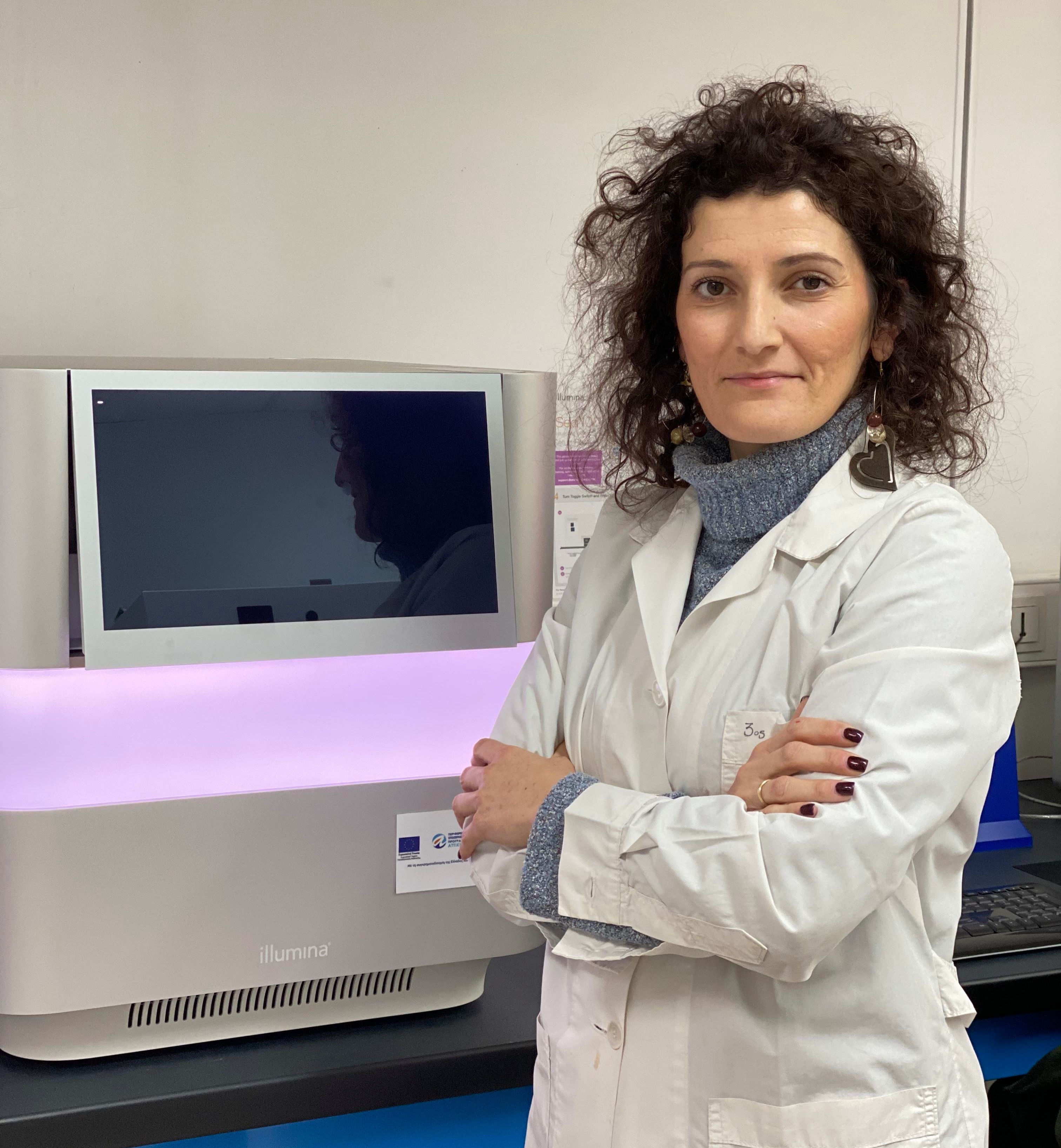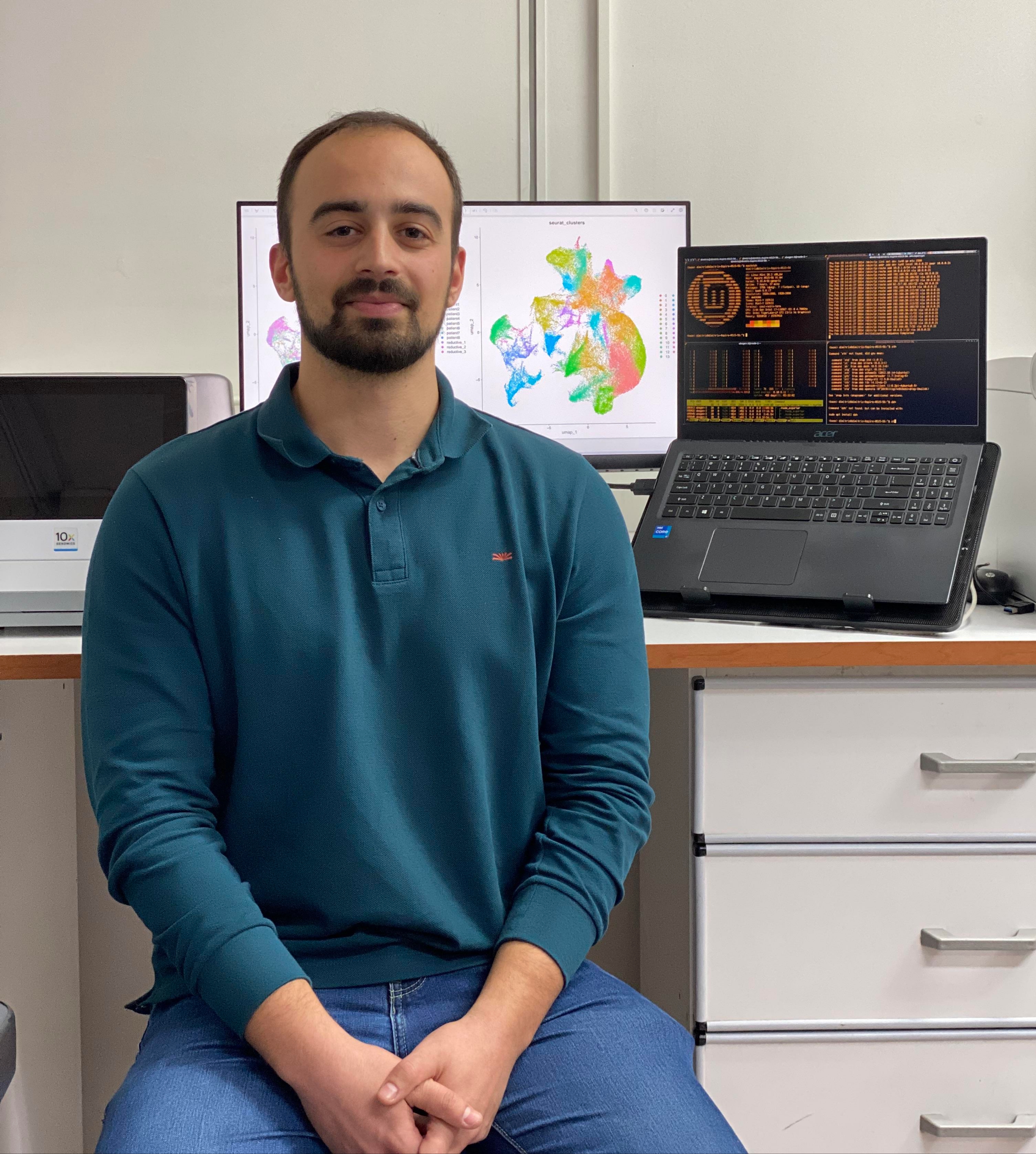
The study of Infectious Diseases constitutes an important activity for HPI, with pioneering contributions in the field. HPI is nationally and internationally recognized for its high-level and competitive research in selected areas of Microbiology covering a selected number of pathogens with high socio-economic impact on National and European level. These include: Hepatitis C virus (HCV), Herpes viruses, protozoa Leishmania and Trypanosoma brucei, multi-resistant Gram-negative nosocomial pathogens, Neissseria gonorrhea and Helicobacter pylori.
Research in these fields is focused on:
- the molecular and cellular biology of the above listed pathogens, with particular emphasis on the identification of pathogens’ molecules involved in growth and virulence,
- the mechanisms determining pathogen-host interactions critical in disease progression, with specific emphasis on mechanisms controlling pathogen evasion of the hosts’ immune system,
- identification of key molecules implicated in pathogen-host interactions aiming to unveil new therapeutic targets for the development of antimicrobial compounds and/or immunotherapeutic or prophylactic vaccines and improvement of diagnostic tools for the prevention and control of infectious diseases,
- studies on the molecular basis of bacterial resistance to antibiotics, with special emphasis given to the biochemical, molecular, and genetic analysis of the underlying mechanisms of bacterial resistance, as well as to the monitoring of the epidemiological trends of resistance. The latter areas of research are important for either the design of novel antimicrobial molecules and the adoption of antibiotic restriction policies for preserving the effectiveness of the existing compounds,
- development of molecular tools for diagnosis, typing and population genetic analysis of viral, bacterial and parasitic infections. Implementation of the new technology in the Public Health Laboratories.
- development of algorithms, databases and tools for the interpretation and archiving of genomic data. Computational predictive models are a key element of current systems biology. Functional analysis of microRNAs and protein coding genes and the human microbiota analysis.
A number of research activities in bacteria, viruses and protozoan parasites within the Microbiology laboratories are bridged with research and service activities in the Diagnostic Department and the Laboratories of the Public Health Sector. This interaction has an important impact on the development of research and services in HPI and represents a unique feature distinguishing the HPI from the other National Research Centers with an interest in research in Infectiology.













Martinez-Gonzalez Beatriz















